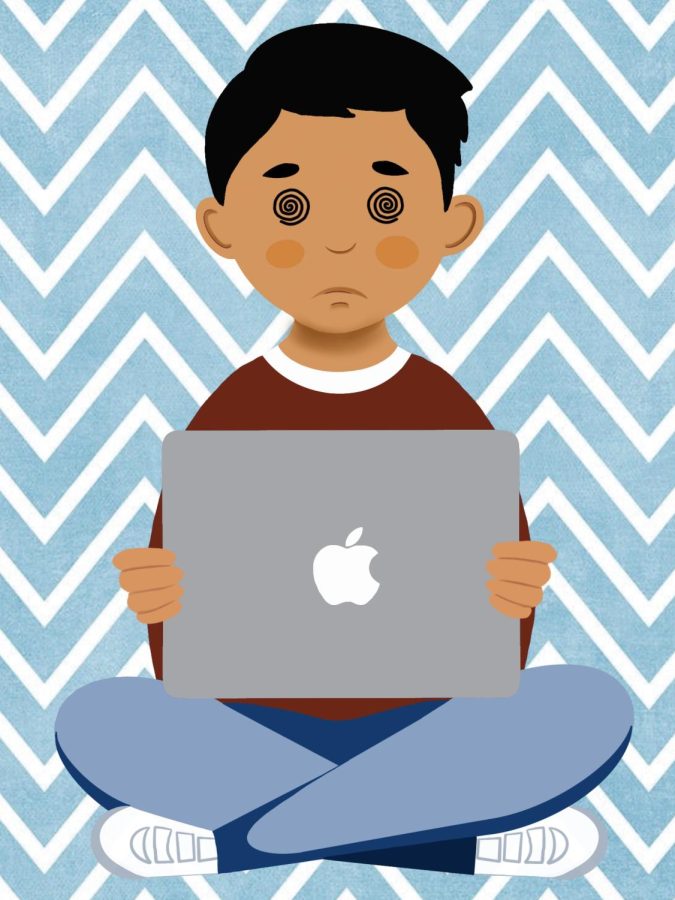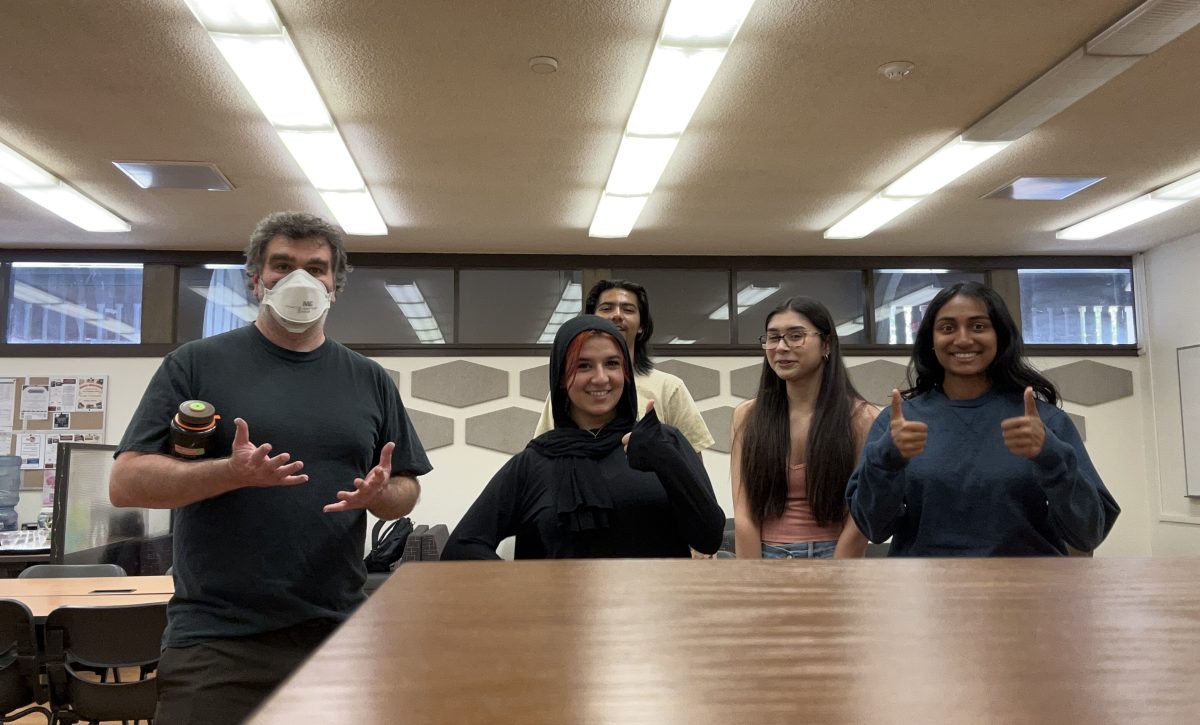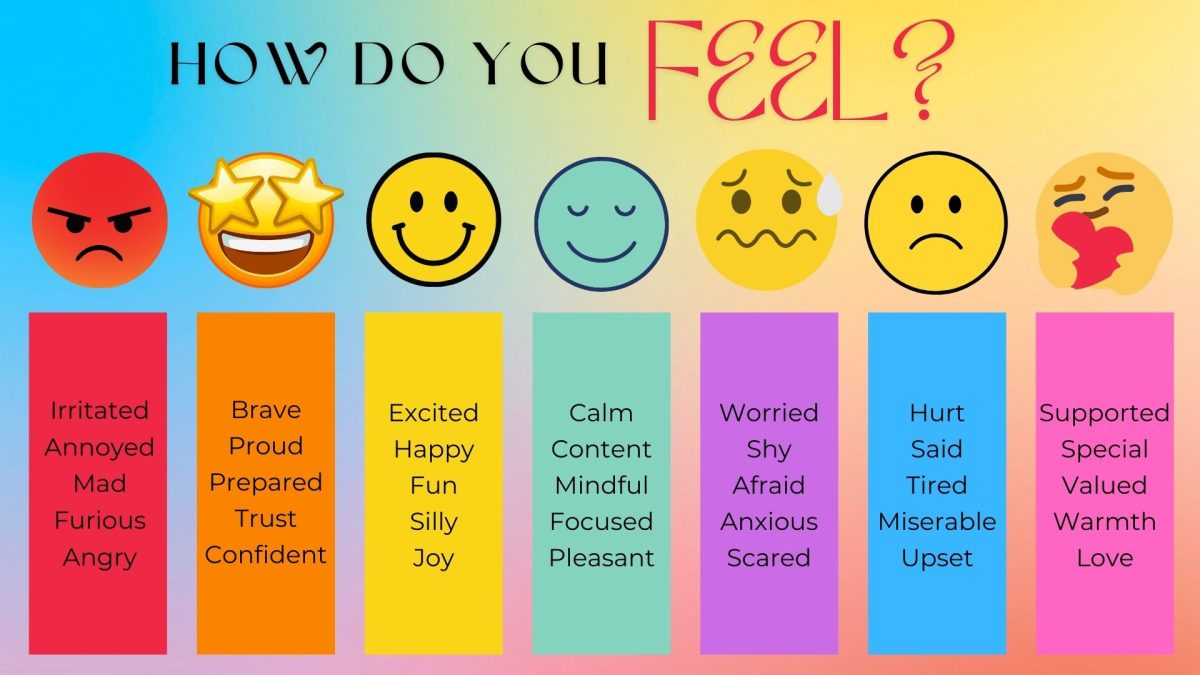Free babysitting: Is technology a reliable caregiver?
May 24, 2023
Over the past two decades, the expansion of technology has defined our lives, particularly when looking at the recent speed of development, such as the rise of AI tools, self-driving cars and augmented reality.
However, long gone are the days where summer evenings and after-school free time provokes backyard science experiments or the reading of books. Generation Alpha, children born after 2010, are growing up in one of the most unforeseen times in history, for advanced technology has been a part of their lives since birth.
This inevitably leads to a parent’s likely reliance on technology, such as the use of iPads, to keep children occupied during the busy hours of the day. As a result, children begin to rely on it as well. Although zero technological use is an unrealistic ask in our current times, I strongly encourage parents to consider other methods of entertainment for young children, for the effects that constant screen time can have on a developing child can not only be harmful, but permanent.
A 2021 Statista survey found that “children aged 8 to 12 years spent an average of two hours and 40 minutes watching TV or videos daily in the United States in 2021. However, they spent an average of nine minutes reading books or articles online.” This constant consumption is harmful and distracts from other activities that are more beneficial for healthy growth.
Persistent screen time and constant stimulation can cause numerous neurological and physiological issues in a child. A systematic case study by Revista Paulista de Pediatria found that “excessive internet use is transversally associated with lower cognitive functioning … In longitudinal analyses, a higher frequency of internet use was associated with a decrease in verbal intelligence and a smaller increase in the regional volume of gray/white matter in several brain areas after a few years. These areas relate to language processing, attention and executive functions, emotion and reward.”
The World Health Organization (WHO) has also encouraged guidelines to technological and media exposure in children, stating: “Children under the age of 5 should not spend more than 60 minutes a day in passive activities in front of a smartphone, computer or TV screen. Children under 12 months of age should not spend even a minute in front of electronic devices.”
Sedentary lifestyles are not intended for children, and the overuse of technology as a babysitting method contributes to lifestyle habits that become permanently ingrained in a child’s mind. Although technology will remain a part of our daily lives, parents should attempt to stick to their own roots of childhood—encouraging children to spend time outdoors, reading, or other pursuits involving real-world interaction. Let us prevent technology from raising our children, and instead teach them to live unrestricted in a world that is full of adventure.
Lisa Roberston, a guest writer, is a De Anza College student working toward an associate degree in sociology and will transfer to Cal Poly in fall 2023.































